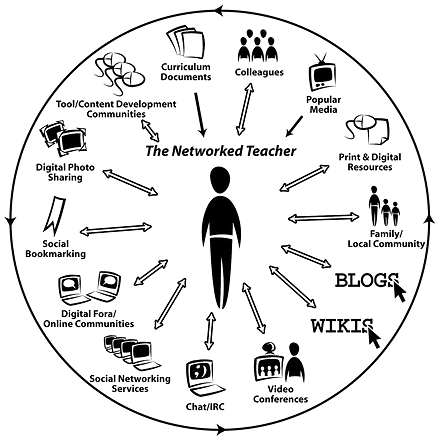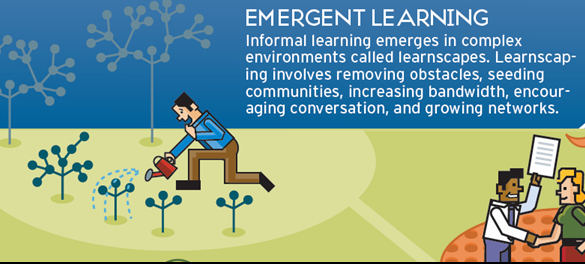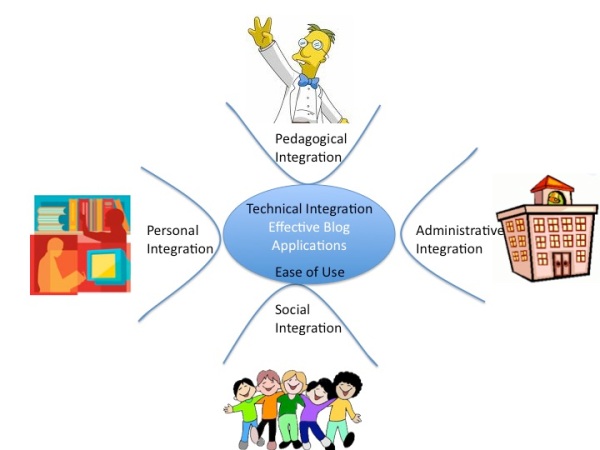Monthly Archives: August 2010
How to measure the effectiveness of professional development activities
This post on measurement on the effectiveness of professional development attracts my attention.
Stephen commented in his OLDaily:
And the good point he make is that the effectiveness (if you want to call it that) of a learning event isn’t measurable at the time of the event – you have to wait for the cycles to complete.
Can the effectiveness of professional development be measured? How and When?
I have composed a post on Teacher Training and classroom teaching here. I have also shared my views and perspectives on Cooperative Online Education here.
I think an objective measurement of the effectiveness of professional development needs to be based on the context of application of the skills learnt and the teaching or learning situations. An alternative assessment could be based on the learning achieved both by the educators and learners, throughout the course delivered by the educators, and after the course, in the form of research and course review. This allows for a learning development for both the educators and learners rather than a “judgment” on a course based solely on the “effectiveness” of the professional activities.
Besides, the sole reliance of professional development is often not enough, especially in a complex learning environment.
What needs to be considered in mind could be illustrated with the pictures below:
How about this?
Here is the Networked Teacher (Photo: Flickr source: Alec Courus)
On Emergent Learning:
Integration of learning by Terry Anderson





